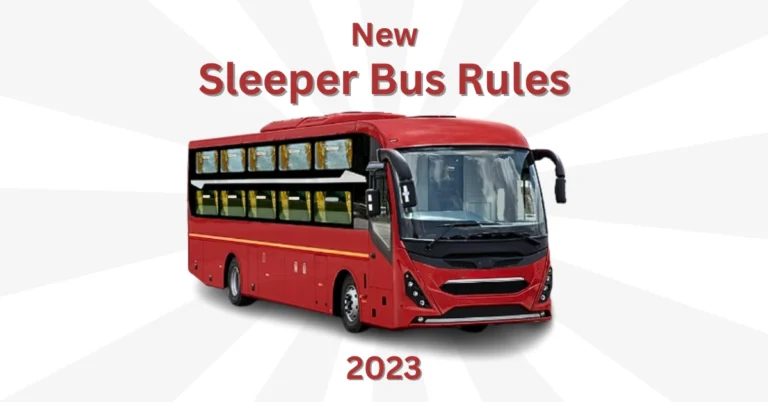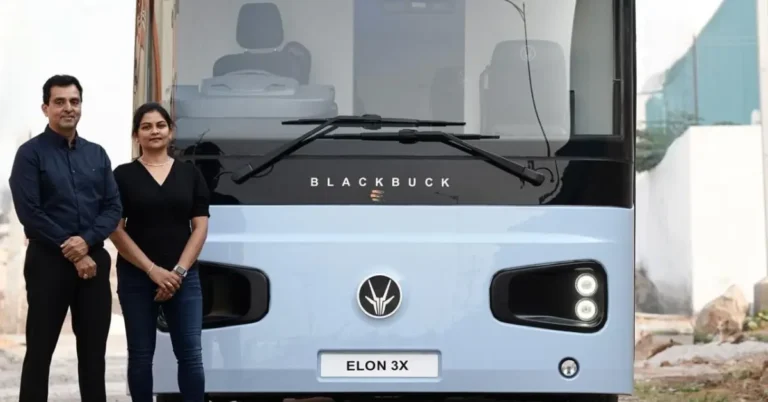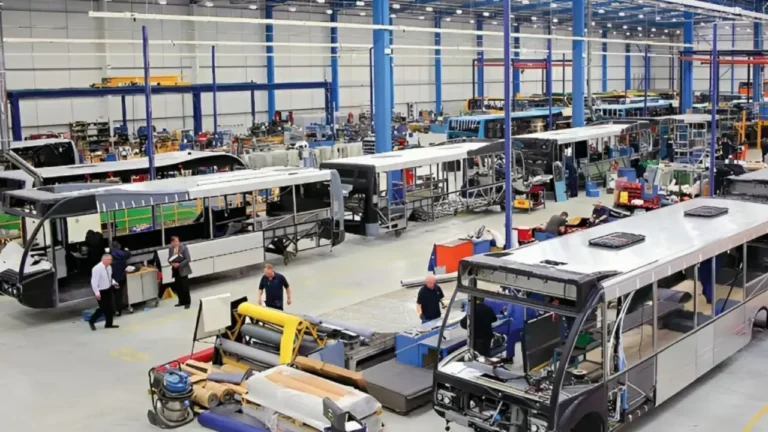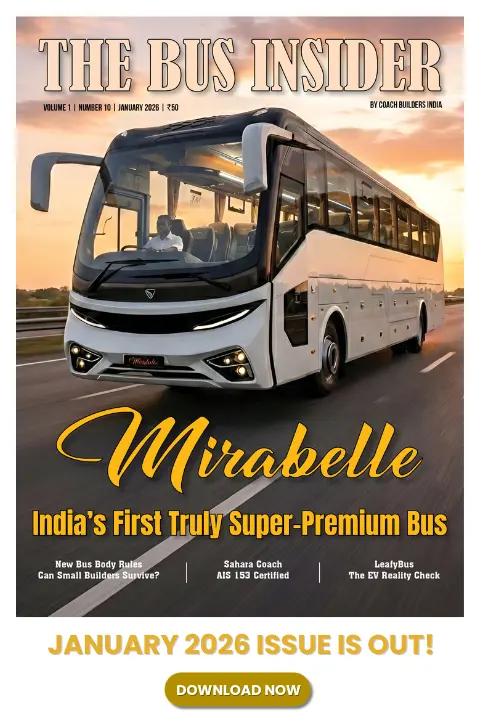New PM eBus Sewa details – 10,000 electric buses across 169 cities in India

Two years after Nirmala Sitharaman announced it in the Union Budget for 2021-22, the bill has been passed, and the center has announced the PM eBus Sewa details.
PM eBus Sewa Detailed Table of Content
Table of Contents
- PM eBus Sewa Detailed Table of Content
- PM eBus Sewa Details: Segment A – Augmenting the City bus services
- PM eBus Sewa Details: Segment B – Green Urban Mobility Initiatives
- PM eBus Sewa: Collaborative Governance and Support
- PM eBus Sewa to create 50,000 jobs
- Sustainable Future with PM eBus Sewa
- PM eBus Sewa: How people are conceiving it?
The ambitious PM eBus Sewa program has received approval from the Union Cabinet, led by Prime Minister Narendra Modi, in a key step toward sustainable urban mobility.
With a focus on cities without structured bus services, this innovative effort aims to transform city bus operations across India.
The PM eBus Sewa details a projected budget of Rs 57,613 crore and intends to roll out 10,000 electric buses (e-buses) across 169 cities in India, promoting a cleaner and greener urban environment.
Briefing the PM eBus Sewa details to reporters after a meeting of the Cabinet, Information and Broadcasting Minister Anurag Thakur said that the scheme will be implemented in two segments.
- Augmenting the City bus services (169 cities)
- Green Urban Mobility Initiatives (181 cities)
PM eBus Sewa Details: Segment A – Augmenting the City bus services
Under the auspices of PM-eBus Sewa, Segment A is geared towards augmenting city bus services in 169 cities, ushering in a new era of urban transportation.
By embracing a Public-Private Partnership (PPP) model, this segment envisions the deployment of 10,000 e-buses.
This pioneering step not only reduces reliance on traditional fossil fuels but also positions electric mobility at the forefront of urban transport.
One of the cornerstones of Segment A, as the PM eBus Sewa details suggest, is the development and upgrade of essential depot infrastructure. This strategic move aims to accommodate the unique requirements of e-buses, setting the stage for seamless operations.
Furthermore, behind-the-meter power infrastructure, including substations, is slated for creation, ensuring efficient and reliable charging solutions for the burgeoning e-bus fleet.

PM eBus Sewa Details: Segment B – Green Urban Mobility Initiatives
Delving into the details of PM eBus Sewa, it can be seen that its visionary impact extends beyond e-bus deployment.
Segment B, known as Green Urban Mobility Initiatives (GUMI), encompasses a holistic approach to sustainable transportation.
Encompassing 181 cities, this segment focuses on initiatives that prioritize eco-friendly and efficient urban mobility solutions.
GUMI entails a range of eco-conscious initiatives, including bus priority systems, multimodal interchange facilities, and the implementation of NCMC-based Automated Fare Collection Systems.
These measures are poised to streamline urban transit, ensuring a seamless and convenient travel experience for commuters while reducing congestion and enhancing mobility efficiency.
Central to GUMI is the establishment of a comprehensive charging infrastructure. As electric mobility gains momentum, a robust charging network is essential for the proliferation of e-buses.
This forward-thinking approach not only facilitates the transition to electric transport but also paves the way for a cleaner and quieter urban environment.
PM eBus Sewa: Collaborative Governance and Support
PM-eBus Sewa details stand as a testament to collaborative governance.
While the Central government earmarks Rs 20,000 crore for the scheme, state governments play a pivotal role by contributing to the remaining budget.
This synergy fosters a shared commitment toward sustainable urban mobility and reinforces the scheme’s long-term viability.
PM eBus Sewa to create 50,000 jobs
Beyond its environmental benefits, PM-eBus Sewa details document this scheme’s potential as a substantial employment generator.
It is projected to generate between 45,000 to 55,000 direct employment opportunities, injecting economic vitality into the urban transport sector.
As cities embrace electric mobility, the workforce will witness a paradigm shift, marking a new chapter in employment dynamics.
Sustainable Future with PM eBus Sewa
If you look at the details, the PM eBus Sewa heralds a watershed moment in India’s urban transportation landscape.
With a comprehensive approach that encompasses e-bus deployment, infrastructure enhancement, and eco-conscious initiatives, the scheme is poised to redefine the way cities move.
As PM-eBus Sewa paves the way for greener, quieter, and more efficient urban mobility, it ushers in a promising era of sustainable progress and transformation.
PM eBus Sewa: How people are conceiving it?
Let’s look at how people are conceiving the details of the PM eBus Sewa scheme.
Catch the latest Bus Industry updates, Exclusive Interviews, Bus News, and International Bus News on Coach Builders India. Download the latest issue of the The Bus Insider magazine for more insights.







